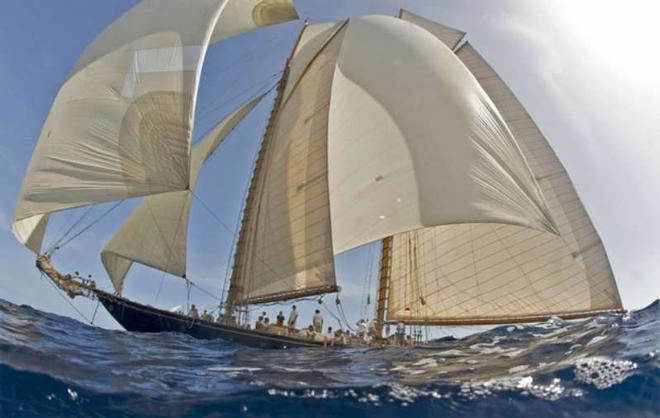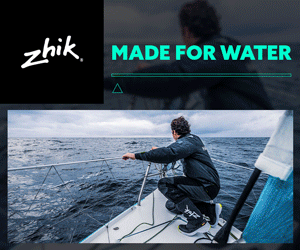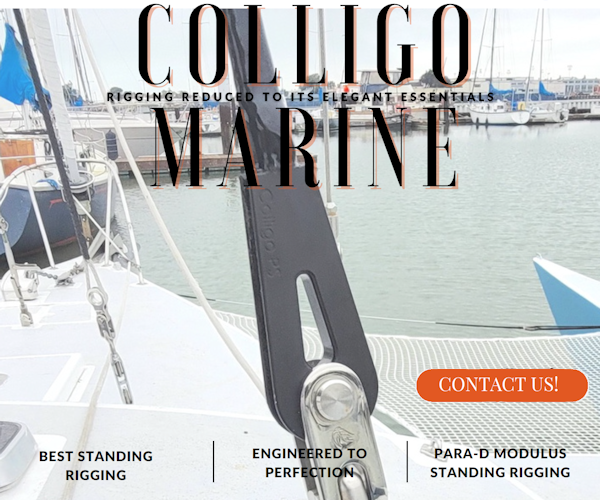Bay of Biscay rescue prompts plea from Coastguard
by Joanne Rawling/Sail-World Cruising on 23 Apr 2013

Mariette under full sail - photo by YCCS SW
The classic schooner that won Britain's 2012 Pendessnis Cup has had to come to the aid of a lone Norwegian sailor in the Bay of Biscay, an incident which has prompt the British Coastguard to make yet another plea for sailors to be equipped with communication equipment when they leave port. While the sailor's EPIRB enabled rescuers to locate the distressed yacht, the lack of a VHF radio made it difficult to proceed with the rescue.
The Bay of Biscay is known as treacherous by those who sail there, owing to the steep shallowing of the water as it approaches the French shore. The lone sailor on the Norwegian yacht Ghost, taking on water, sent out a distress alert which was picked up by Falmouth Coastguard.
They then made an an emergency broadcast via Inmarsat just after 10pm last night (Monday 22 April), when the vessel was 220 nautical miles south west of the Isles of Scilly.
A number of vessels responded and Falmouth Coastguard also liaised with Maritime Rescue Coordination Centres (MRCCs) in France and Spain. The French authorities sent a fixed wing aircraft, but they were unable to communicate with the Ghost via VHF radio.
It was then that the graceful superyacht yacht, Mariette, itself from Falmouth but which was sailing in the area, was spotted by the French aircraft and asked to assist. The Mariette was able to get alongside the Ghost and passed over a handheld VHF radio which enabled the yachtsman to communicate with those assisting him.
Two crew from the Mariette also boarded the yacht and managed to pump the bilges dry. The skipper is now resting, with the Mariette staying alongside, before the yacht continues on its journey to La Coruna later today.
Simon Dennis, Watch Officer at Falmouth Coastguard, said:
'This incident demonstrates how important it is to be well equipped when you head out to sea. We recommend that owners of leisure vessels are fully equipped with all the necessary communications equipment and life saving apparatus.
'Having an EPIRB meant this yachtsman was located quickly, however he did not have a VHF handheld radio to be able to communicate with those that responded to his distress call.
'All EPIRBs should be registered with their country of origin, as this enables search and rescue authorities to have all the details they need in the event of emergency.'
If you want to link to this article then please use this URL: www.sail-world.com/108710

